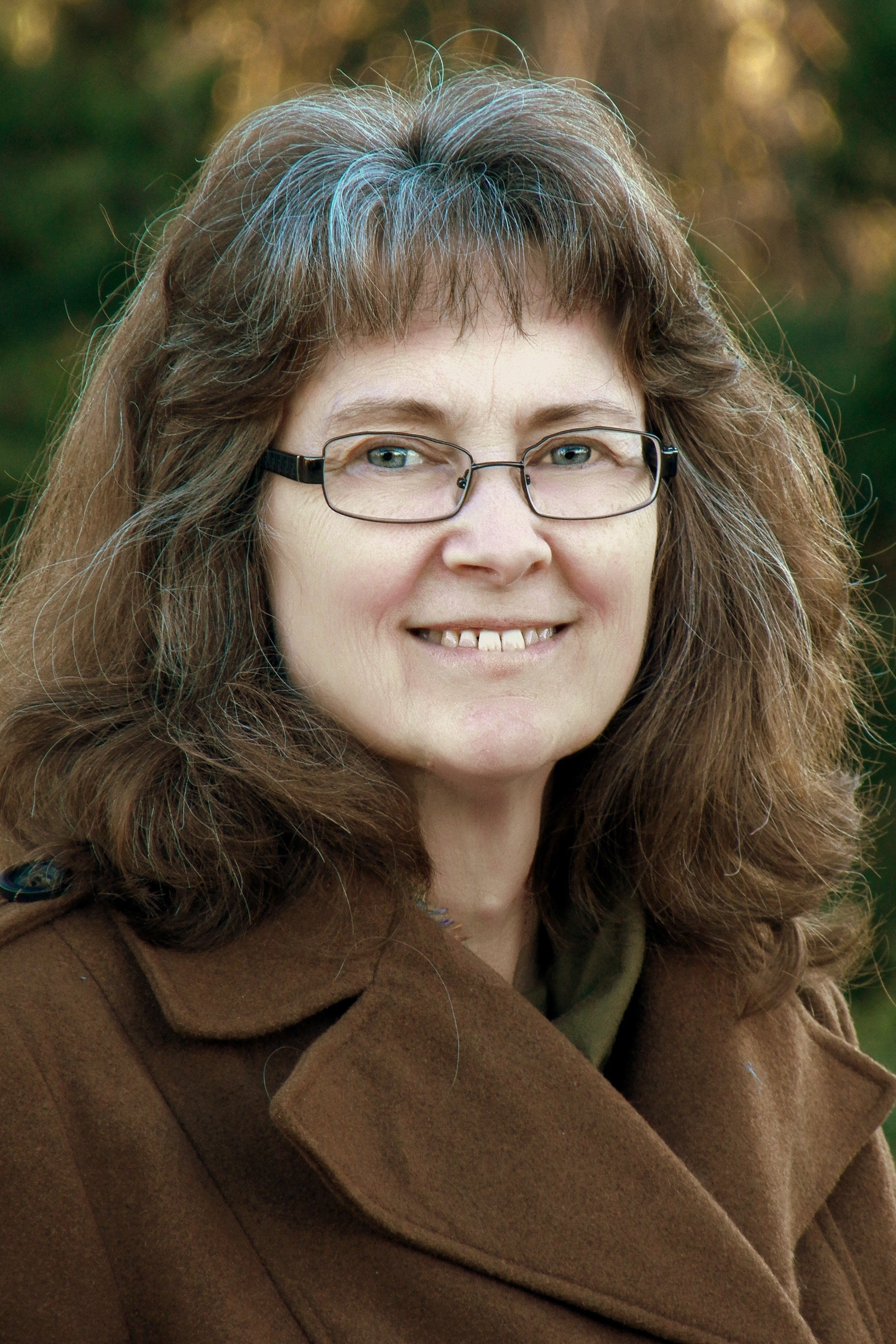
Debra Black interviews a dear friend about the joy of raising a child with Downs Syndrome.
We are midway through Advent, eagerly expecting the birth of the Christ child. As I ponder this, I cannot help but recall the anticipation of my own daughter’s birth 32 years ago. And I think all mothers experience a similar mix of feelings whether it is their first child or their fifth or eighth. The blurred images from ultrasounds are replaced with a soft bundle of joy whose greatest desired is to be held, caressed, and smooched.
There are also fears of the unknown. Will she be healthy? What if she has a disease or disability? And in any case, do I have what it takes both mentally and physically to raise this child? Unfortunately, in our culture of death, the medical industry too often pressures parents into aborting their child if tests indicate even the slightest possibility of imperfection. Even while staunchly rejecting the notion of killing their child, those pressures can exacerbate any self-doubt in the parent’s heart.
For this reason, it is a blessing that the Family Theater Productions has produced the e-series, Special Abilities: Living Fully with Down Syndrome. A mission of Holy Cross Family Ministries, the series celebrates the successes and challenges of living with Down Syndrome. God has made each of us with strengths, weaknesses, abilities, and challenges; each of us is "different" by His design. There is a beautiful complementarity woven throughout the entire human race. It can be difficult to understand this at first, as a parent’s vision may be blurred with fears and uncertainties.

I decided to ask my dear friend Dawn to share her experiences. She and her husband Bob have five kids, 15 grandkids, and 17 great grandkids. Their fourth child, Teresa, is "different" by design having been born with that extra 21st chromosome known as Trisomy 21 or Down Syndrome. Now age 42, she has always been physically healthy with limited verbal skills. While she may choose to not respond vocally, her smile expresses her love and her frown expresses her dissatisfaction. And she can definitely make her "no" heard with body language! Ultimately, Teresa brings love to everyone she encounters without speaking a word.
In 1980 medical technology was not sufficiently advanced to suggest their preborn baby might be different. However, Dawn suspected so by how her body experienced this pregnancy differently from the previous three. It was also her most difficult delivery. Once born, however, Teresa was raised as any other child. Every child is unique with their own personality quirks, interests, and abilities. Family and friends, neighbors, doctors, magazines (and now the Internet) provide ideas for healthy developmental benchmarks as well as best practices for teaching and forming the child. With a Downs child, these benchmarks may differ and techniques are used to their specific needs. For example, a person with Down Syndrome will have a longer tongue. Teresa’s parents connected with other parents who provided guidance on feeding techniques that aid the child’s use of the tongue. Trained professionals teach activities for the child to develop fine and large motor skills. And special education from preschool through high school helped Teresa develop reading and other practical skills.
But raising children is more than just ensuring their developmental skills are in place. It is an endeavor of the heart, a relationship that carries on through eternity. These relationships do not take place in isolation; each is part of an intricate array of bonds that comprise the whole family. Dawn and Bob were careful to not put all concentration on Teresa. All children were treated equally without any one child being elevated above the others. Emphasis was placed on family activities because the importance of family bonds cannot be understated. One day when Dawn and Bob are no longer able to care for her, Teresa will always have a home with her sisters and brother.
It also takes a village to raise a child, and it is particularly important to surround your family with other families of faith. Their family was raised in a cul-de-sac where everyone looked out for one another, which was important since Teresa had a habit of escaping out the door even at an age when other children might have learned to stay within the set boundaries! Most importantly, however, one’s "village" must be one of prayer. Dawn’s village included friends from church who eventually formed a prayer group, praying the Rosary weekly in their houses and also publicly fighting abortion with prayer. Through Mass, Confession, and personal and family prayer, each family’s unique blessings and challenges are shared with the entire Body of Christ.
With selective abortion, our culture of death strives to manipulate God’s creative handiwork, preventing us from marveling at His majesty and beauty. Each child is not only a blessing, he or she is God’s providence for us and the family that He builds. As we approach the birth of our Savior and Lord, let us marvel at the value and beauty of every human person being different by His design.
Ad Majorem Dei Gloriam.

Copyright 2023 Debra Black
Images: Canva
About the Author

Debra Black
Debra Black is a spiritual director, perpetual member of the Fellowship of Catholic Scholars, international educator, and businesswoman. Her public service roles have spanned city commissioner, pregnancy clinic board of directors, youth and college ministry, public citizen activism, and homeless street ministry. Her writings can be found at TheFaceOfGraceProject.com, including her latest books, The Life Confession: A Discovery of God’s Mercy and Love and Kick Butt: The Quick Guide to Spiritual Warfare.


.png?width=1806&height=731&name=CatholicMom_hcfm_logo1_pos_871c_2728c%20(002).png)
Comments